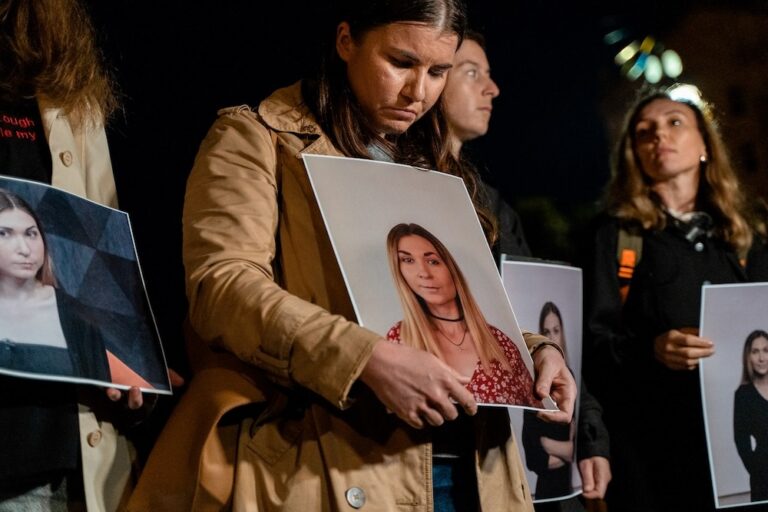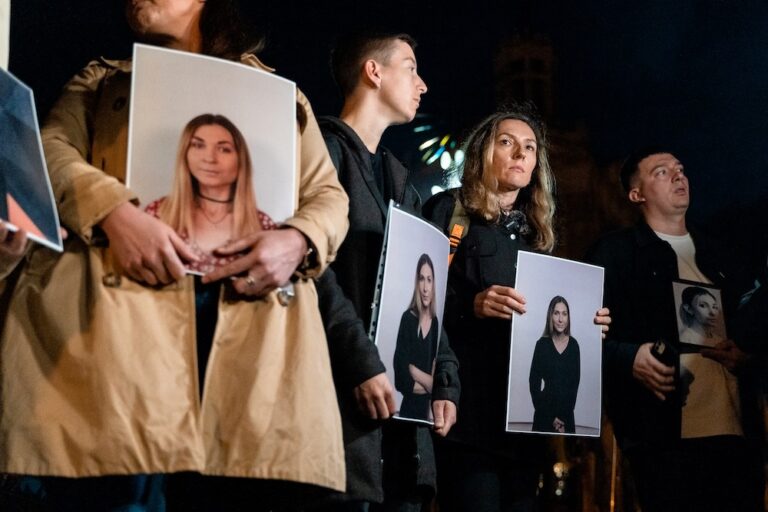(RSF/IFEX) – RSF has expressed concern over a new decree governing registration of websites. The decree, introduced by the Transport and Telecommunications Ministry, has already come under attack from the Ukrainian media. Compulsory registration has so far been adopted only by countries that trample free expression, such as China and Vietnam, the organisation noted. “This […]
(RSF/IFEX) – RSF has expressed concern over a new decree governing registration of websites. The decree, introduced by the Transport and Telecommunications Ministry, has already come under attack from the Ukrainian media.
Compulsory registration has so far been adopted only by countries that trample free expression, such as China and Vietnam, the organisation noted.
“This step could damage freedom of expression on the Internet. We will be watching closely to see that this registration procedure does not become mandatory for private websites,” RSF said.
To be granted authorisation, sites must agree to respect certain criteria, among them not calling for “a change of government through violence”, not supporting “terrorism”, not damaging an individual’s “honour”, “dignity” or “reputation” and not posting “vulgar language” or pornographic content. RSF expressed the concern, however, that the language of the text was too vague to guarantee press freedom if it were to be applied to private websites.
The decree, adopted on 18 May, also specifies that an “administrator” will decide on the registration of the website, opening the way to administrative censorship of the Internet.
“The wording of the decree appears to suggest that all electronic media – private and public – will be forced to register in future. A recent statement from the Ministry of Transport and Telecommunications that it would only be compulsory for government-run sites has not completely reassured us,” RSF said.
“We therefore wish to make our position clear on this. Demanding that those running private sites make themselves known to the authorities, linking their registration to a series of vague conditions will push most of them into secrecy and others into self-censorship. In any case this type of measure should be debated by Ukraine’s Parliament and not be introduced as a government decree,” the organisation said.
The decree, which was introduced by the ministry on 27 April, came into effect on 18 May after it was registered with the Justice Ministry. It appeared to have been drawn up originally for both public and private sites, but then declared optional when it provoked strong criticism.
The decree has been strongly criticised by the Ukrainian media, as well as by the executive director of the legal consulting firm Media House, Mykola Kniazhytski, who called it “an absurd attempt to introduce Internet censorship.” “Only a court can punish people who break laws on the Internet,” he added.
Bahrain recently introduced a similar measure but appears likely to agree to amendments following widespread criticism.


